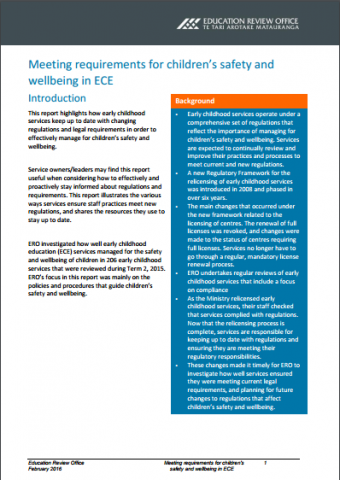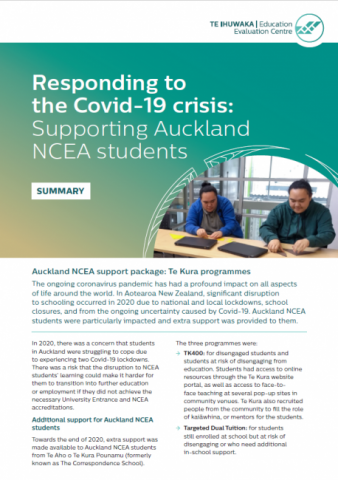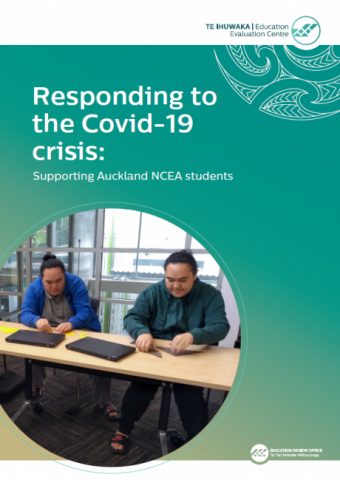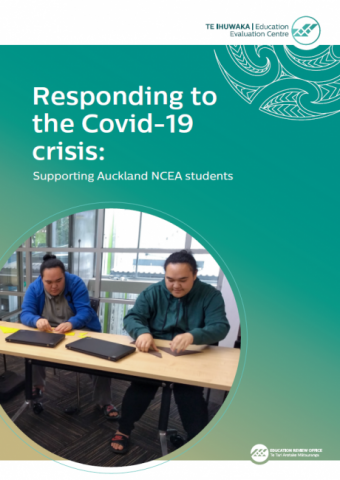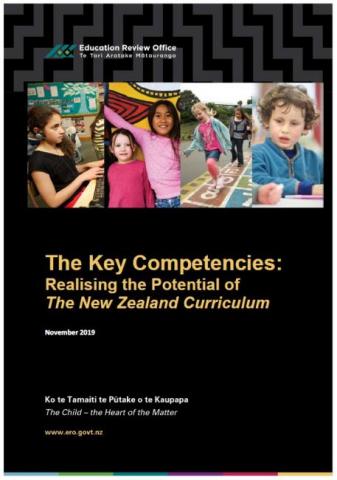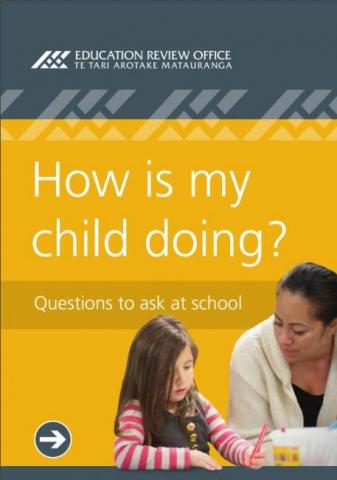Meeting requirements for children’s safety and wellbeing in ECE
Published: 29 Feb 2016
This report highlights how early childhood services keep up to date with changing regulations and legal requirements in order to effectively manage for children’s safety and wellbeing.
- Audience:
- Early learning
- Education
- Parents
- Content type:
- Research
- Topics:
- Wellbeing
- Safety
- Physical and emotional safety
- Health and safety
- Early Childhood Education (ECE)
